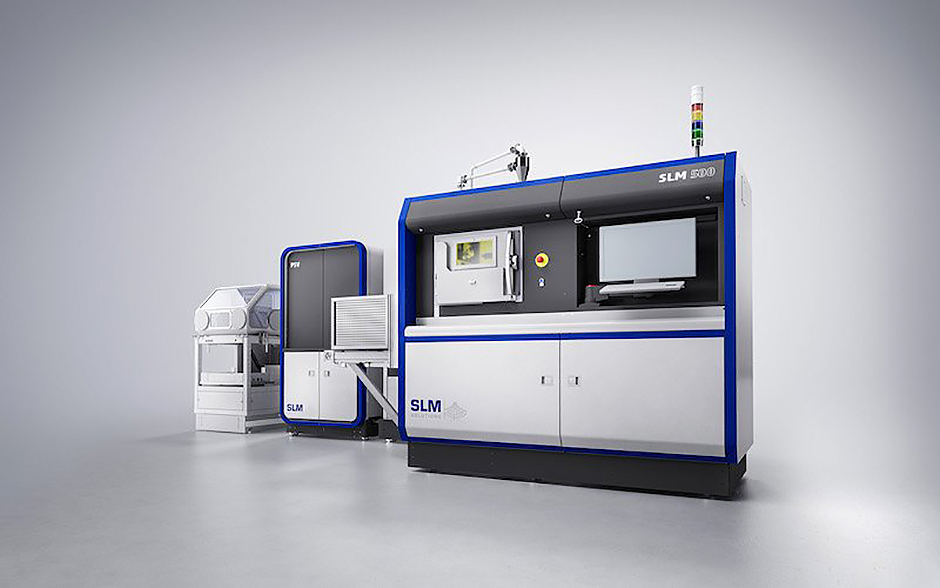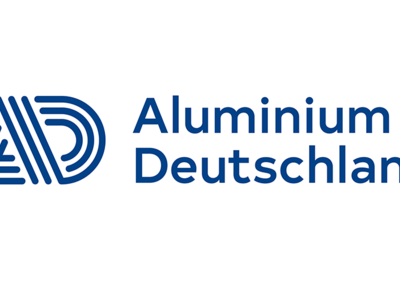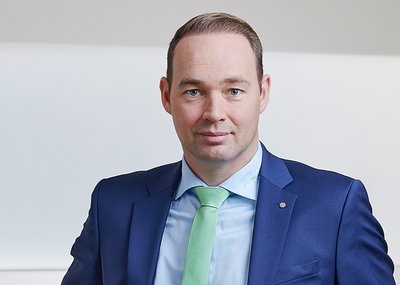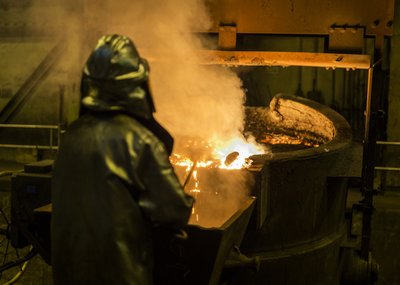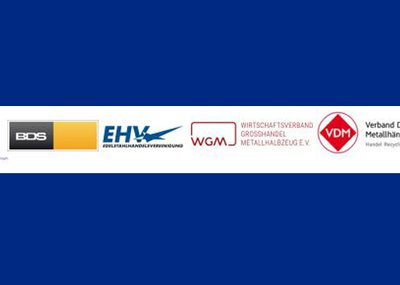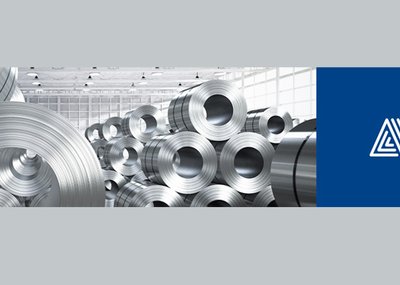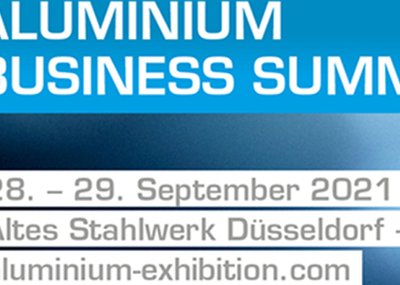The production of aluminium in Germany fell in the second quarter of 2022, in some cases significantly. With a decline of 23 per cent, the production of raw aluminium shrank particularly sharply. After the first half of 2022, a drop of a good fifth (-21 per cent) to 448,000 tonnes was recorded here. The price of electricity has recently reached a new record level and poses existential challenges for the electricity-intensive aluminium smelters in Germany.
In the semi-finished products segment, the production volume in the second quarter of 675,000 tonnes was slightly the level of the same period last year (-1 per cent). However, the producers of extruded aluminium extruded aluminium products recorded a decline of 4 per cent, while production of rolled production of rolled products remained stable (±0 per cent). In the year to date to June the semi-finished product manufacturers reached a total volume of 1.34 million tonnes (±0 per cent).
Dr. Hinrich Mählmann, President of Aluminium Deutschland (AD) emphasised: "If we do not find a find a solution to the energy crisis in the near future, there will soon be no more aluminium smelters in Germany. Germany. They are acutely threatened. This industrial base must be preserved at all be preserved. We know from painful experience the consequences of overdependence on important raw and basic materials. on important raw and basic materials.
The Green Deal remains the important challenge, and aluminium is a key to decarbonising the entire industrial industrial supply chain. Creeping deindustrialisation means a shift to regions with much lower regions with significantly lower social and environmental standards - with corresponding consequences for the the climate. That is why we should not saw the branch we are sitting on."
Gas levy creates high additional burden
For the non-ferrous metal industry, the recently adopted gas levy will result in additional costs of almost 300 million euros. The aluminium industry accounts for the lion's share of this, about two-thirds. Especially in the case of gas-intensive companies, such as the recycling plants that are so important for reducing CO2 emissions, this results in additional costs that quickly run into the five-digit euro range per employee. Mählmann continues: "In principle, the gas levy is a necessary instrument to secure Germany's supply. However, its concrete design should be reconsidered.
Politicians now have a responsibility not to knock over the second domino with the gas-intensive industry after having supported the first. Stretching the levy over time, as demanded by the entire industry, would be a first step. In addition, Berlin should think about using the excess tax revenues that the state earns from high energy prices to provide relief. The levy puts companies, which are already heavily burdened, at an additional disadvantage in international competition.
Production of the German aluminum industry (in tons)

